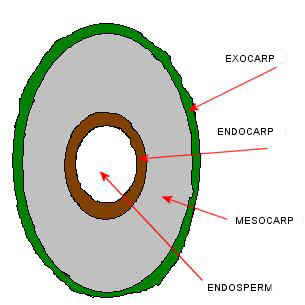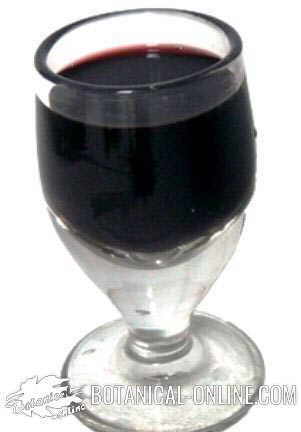Contents
BENEFITS OF COCONUT OIL
What is coconut oil good for?
Being a semisolid oil at room temperature, coconut oil is widely used as a substitute for animal fat, mostly in confectionery elaborations, but also in other culinary preparations in general.
Because of its density and its texture. it is very convenient in the manufacture of such products.
We must bear in mind that, the fact that it does not have cholesterol, this does not mean it can not raise it, as this oil is high in saturated fatty acids, so after digestion, absorption and metabolism, saturated acids end up raising cholesterol levels.
Therefore, we must consider that a high intake of this type of oil, can finish through the development of dyslipidemia which, eventually, will result in an increase of blood cholesterol.
Coconut oil helps digestion

Although containing a high level of saturated fat, it is composed of one type of fatty acids known as medium chain fatty acids.
The component chains are less extensive than in other fats, which confers the property of being more easily digestible as compared to other types of fat that take more time to digest. This makes this oil very beneficial in certain specific situations or to people who usually have problems with indigestion.
This may occur for example in the case of developing intestinal or pancreatic disease. The ingestion of this type of fat digestion is carried out in an easier way.
Coconut oil is great for frying
Coconut oil is a very stable and tolerates high temperatures without damage. Since its contents are mostly saturated fatty acids, they are less likely to premature oxidation or rancidity as compared to polyunsaturated fatty acids.
Disadvantages of coconut oil
As we have seen, the main disadvantage of coconut oil is that it is able to increase levels of cholesterol in the body and may have a detrimental effect on our health, because it is high in saturated fat.
* Related information: Coconut oil characteristics
![]() More information on coconut.
More information on coconut.








